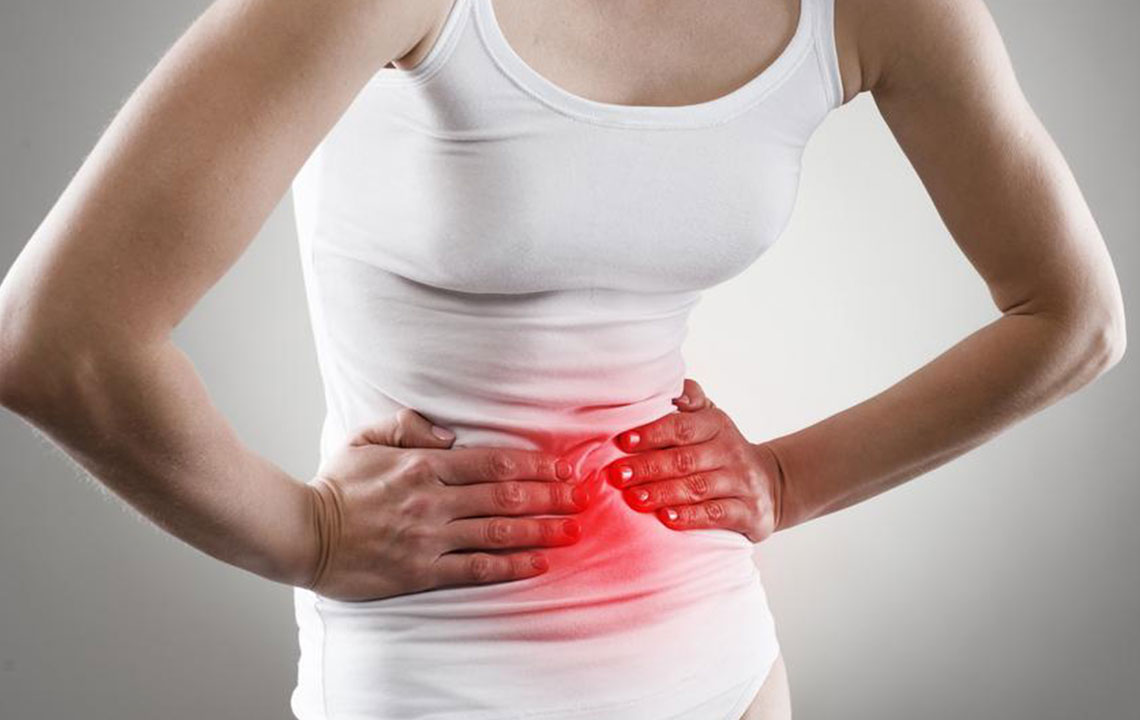Effective Home Remedies to Relieve Gas and Bloating
Discover natural home remedies to effectively relieve gas and bloating. Learn simple tips like drinking water, herbal teas, cumin water, and adjusting your diet to improve digestion and comfort. Suitable for quick relief and maintaining digestive health.

Top Natural Solutions for Gas and Bloating Relief
Gas and bloating are common digestive issues influenced by lifestyle changes. These uncomfortable problems can strike unexpectedly, especially before important events or during vacations. Luckily, simple household remedies can help restore normal digestion quickly without much effort. Here are some effective natural methods to alleviate gas and bloating, allowing you to feel comfortable again.
Stay Hydrated: Drinking plenty of water is crucial. Dehydration causes the body to retain water, leading to bloating. Aim for 7-8 glasses daily to keep your digestion smooth.
Herbal Teas: Chamomile and peppermint teas are excellent for soothing the stomach. They relax muscles and promote digestion, reducing gas and fullness.
Cumin Infused Water: Add a spoonful of cumin seeds to boiling water and drink on an empty stomach. It enhances digestion, speeds up metabolism, and helps rehydrate the body.
Eat Yogurt: Consuming yogurt introduces beneficial bacteria to your gut, aiding digestion and preventing bloating caused by poor gut health.
Consume Potassium-Rich Foods: Reduce water retention by eating bananas, broccoli, lentils, or salmon. These foods help balance sodium levels and decrease stomach swelling.
Cucumber Snacks: Rich in water and low in fiber, cucumbers help soothe the stomach and reduce bloating when eaten regularly.
Limit Dairy Products: Those intolerant to lactose should avoid dairy to prevent fermentation in the stomach, which causes gas and bloating. Explore alternative dairy-free options.
Monitoring your diet can prevent frequent bloating, especially for those with irritable bowel syndrome. However, persistent symptoms should prompt a medical consultation, as they could indicate underlying conditions like colon issues.










